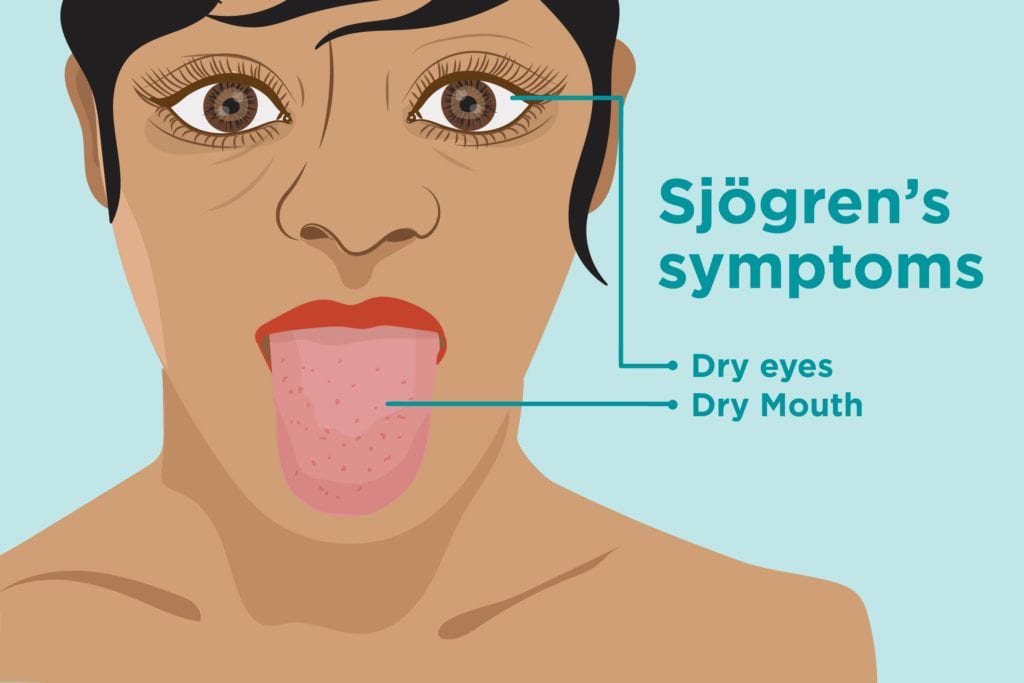

Experts have long known that certain autoimmune diseases like lupus and rheumatoid arthritis increase the risk of heart disease, but whether having Sjögren’s syndrome — an autoimmune condition that interferes with the ability to produce enough saliva and tears — had the same effect wasn’t clear. Now, thanks to new research, the cardiovascular risks of Sjögren’s syndrome have come into sharper focus.
The research, a meta-analysis of 14 earlier studies that included data on more than 67,000 people, was published in Arthritis Care & Research. The authors, led by a rheumatologist at the University of Montpellier in France, determined that those with Sjogren’s syndrome are 30 percent more likely than those without it to die from cardiovascular disease.
Cardiovascular disease includes a variety of conditions such as heart attack, stroke, and arrhythmia (abnormal heart rhythm), among others. While people with Sjogren’s may be at risk for any of these, the analysis found that heart failure in particular is a major concern.
People with Sjogren’s were twice as likely as those without it to be diagnosed with heart failure, a disorder in which the heart can’t pump enough blood. As a result, your body can become starved for oxygen and other nutrients. Common symptoms include severe fatigue and trouble breathing.
Although everyone should be concerned about their heart health, if you have Sjogren’s it’s smart to be especially vigilant about protecting yourself.
Talk to your doctor to assess your personal heart disease risk and find out which screening tests you might need (and how often). Maintaining good lifestyle habits can also help a lot: Don’t smoke, stay active, and eat a heart-healthy diet.





